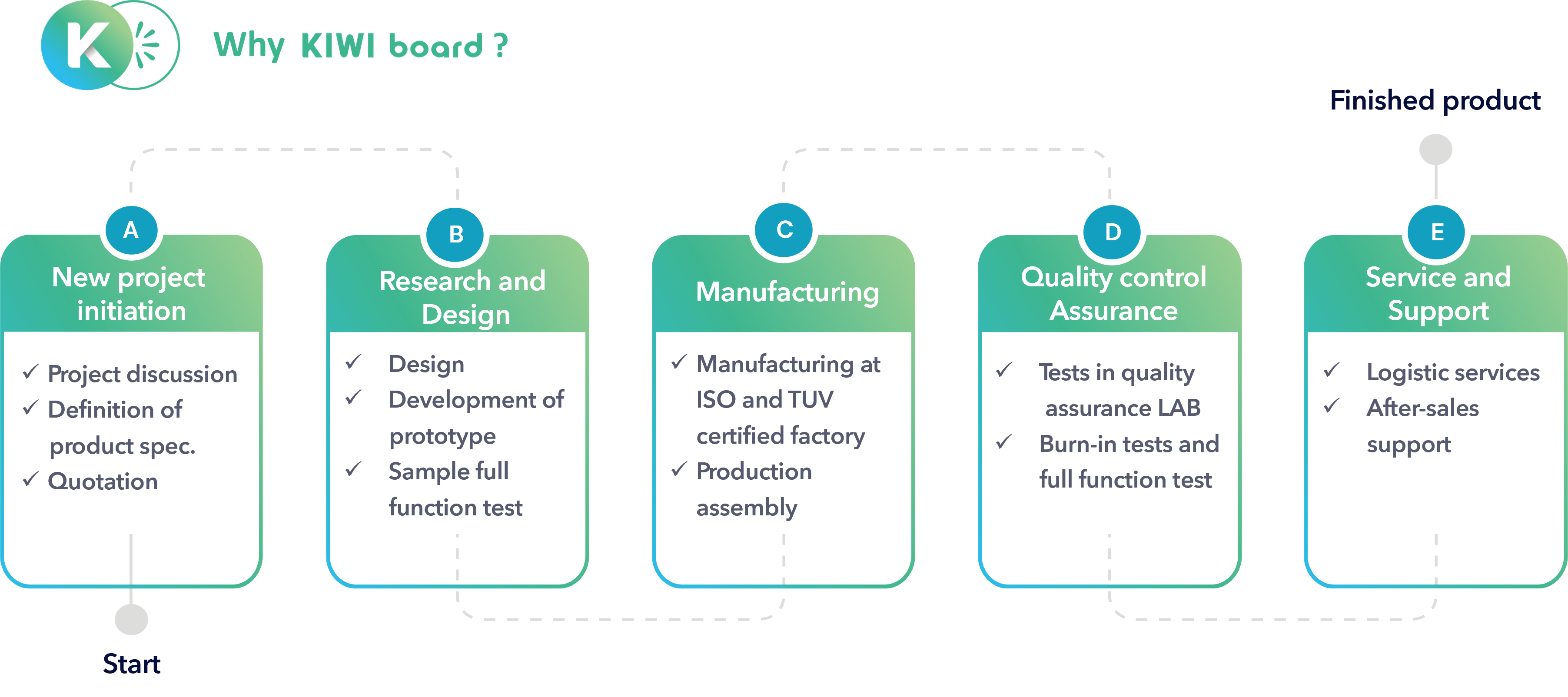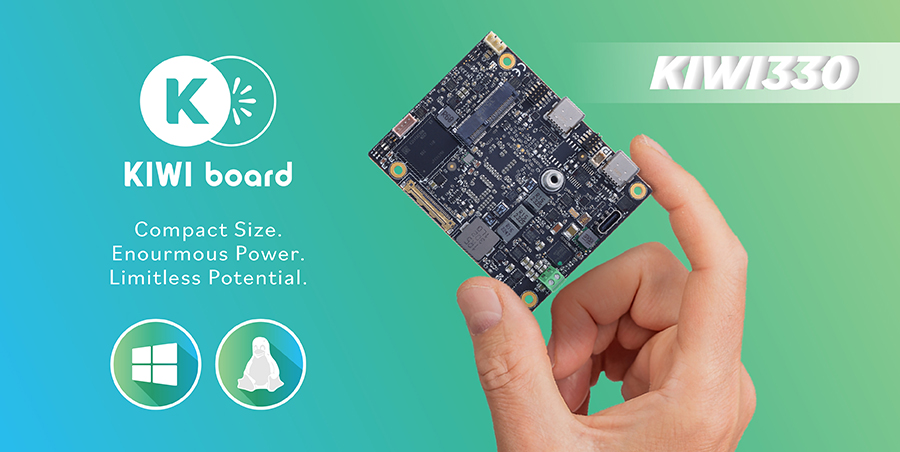
Embedded Technology meets Clean Energy
Imagine a world where everyday technologies—security cameras, bus stations, and compact computing hubs—operate entirely off the grid—no tangled wires. No blackouts. No dependence on fossil fuels. This is no longer a futuristic fantasy. Thanks to the rise of clean energy, such a world is within reach. In fact, the sun alone provides more energy to Earth in a single hour than the entire world consumes in a year. The real challenge lies not in supply, but in how we capture and utilize that energy efficiently.
Clean Energy Takes Center Stage
Today, the global shift toward renewable energy—especially solar and wind—is more urgent and widespread than ever. These sustainable sources are crucial in reducing carbon emissions and mitigating the effects of climate change. Solar panels convert sunlight into electricity, while battery systems store this energy for use at night or during cloudy days. Together, they provide clean, continuous power where traditional infrastructure falls short.
But behind this energy revolution is a quiet enabler: embedded systems.
Embedded Systems: The Digital Backbone of Sustainability
Embedded systems are at the heart of this green transformation. These compact, low-power computing platforms are increasingly integrated into renewable energy systems, smart grids, and environmental monitoring solutions. They process data in real time, automate power management, and ensure stable operation in off-grid environments.
From regulating solar charge controllers to powering intelligent devices that monitor air quality and climate patterns, embedded systems make energy usage smarter and more efficient. As technology advances, these systems will continue to be the digital foundation of sustainable, intelligent infrastructure worldwide.
Powering the Edge with Solar-Battery Systems
As embedded systems become central to clean energy deployments, ensuring reliable power in remote and mobile environments is critical. This is where the combination of solar panels and DC battery systems excels. It offers a self-sustaining, flexible, and green solution—delivering energy independence without reliance on unstable grid power.
When paired with efficient embedded platforms, like those used in smart agriculture, remote kiosks, or edge AI devices, these systems enable robust, low-maintenance computing in any location.
In the following article, we’ll explore how the KIWI330 embedded board and its MIO expansion modules can operate entirely on a 12V battery, regulated by a solar charge controller, making it an ideal platform for off-grid intelligent systems.
About KIWI board
KIWI board is a complete solution provider, supporting all aspects of your project, from hardware to software to system integration, to keep your application running securely, reliably, and at peak performance. KIWI board builds its products for high reliability, performance, security, scalability, and versatility. So, customers can expect a long lifespan, quickly adapt to evolving system requirements, and adopt future technologies as they emerge.
Next steps
Ready to talk about your projects with a KIWI board expert? Contact us
Want to hear more from KIWI board? For our newsletter, Sign up
Or request a quotation










